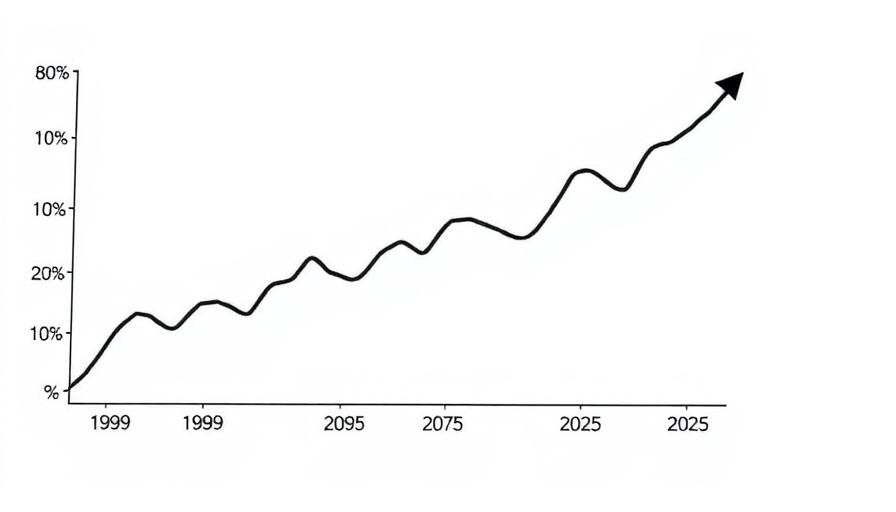
The Implications of Fidelity and Schwab's Ban on Money Market ETFs
The recent move by Fidelity and Schwab to restrict trading on money market ETFs from competitors is highly significant in the evolving landscape of investment strategies. As they seek to solidify profits from idle cash, it's essential to understand how this decision impacts investors and market dynamics.
Understanding the Business Model: Why Money Market ETFs Matter
Brokerage firms like Fidelity and Schwab have long relied on customer cash deposits as a major source of revenue—essentially earning money by allowing these deposits to sit idle. With the influx of money market ETFs, traditional investments are being challenged, as investors now have more options for low-risk holdings. By blocking ETFs from Blackrock and Texas Capital, both companies reinforce their preference for proprietary funds, limiting competition in a sector that is becoming increasingly crowded.
The Future of Trading Strategies: What This Means for Investors
This significant restriction raises pressing questions about the future of trading strategies among brokers. Will new trading patterns emerge if more firms adopt similar policies? Investors should be on alert as this could indicate a trend wherein brokerage firms prioritize their proprietary offerings at the expense of market diversity. Planning for future investment strategies becomes crucial, especially in an environment where rapid changes are becoming the norm.
Diverse Perspectives: The View from the Market
Critics of the ban advocate for a fairer market landscape, highlighting that transparency should be a priority for brokers in all aspects of trading. Independent analysts emphasize that it’s essential for investors to have access to diverse options—especially in the current climate of rising inflation and interest rates. By limiting access to multiple ETFs, brokers may inadvertently stifle competition, potentially disadvantaging consumers in the long run.
Understanding ETFs: Key Investment Tools
Exchange-traded funds (ETFs) offer investors a way to purchase a diversified portfolio without having to buy individual stocks. The 0-3 month Treasury bond ETFs, like iShares' SGOV, provide a stable investment opportunity, which becomes increasingly critical as volatility in stock markets persists. With brokerages limiting trading options, staying informed can empower investors to make better choices aligned with their financial goals.
Counterarguments: Analyzing the Brokers’ Position
Fidelity and Schwab’s spokespersons argue that restricting competition aligns with their broader strategies. Fidelity's long-standing policy has aimed to create value through their proprietary offerings, which may provide more stable returns compared to new entrants in the space. For customers who prioritize brand loyalty and historical performance, this may be seen as a calculated risk rather than a disadvantage.
Conclusion: A Call for Investor Vigilance
As we navigate these evolving market conditions, informed decisions regarding investments become essential. Individuals should not succumb to complacency but instead work towards knowing their options better. The push towards transparency in fees and available funds is more critical than ever. By remaining engaged and aware of the trading landscape, investors can find a strategy that aligns with their growth aspirations.
Investors must stay vigilant and advocate for greater access to diverse investment opportunities in the face of these changes. A proactive approach will undoubtedly yield better positioning for future financial gains.
 Add Row
Add Row  Add
Add 



 Add Row
Add Row  Add
Add 
Write A Comment